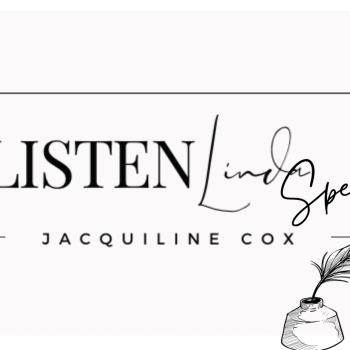 In today’s fast-paced world, we often find ourselves in the roles of caretaker, advisor, and sometimes even fixer. We love our friends and family dearly, and it can be tempting to jump in and solve their problems. However, it is essential to recognize that, while love is powerful, it is not our responsibility to fix others. This era calls for a deep understanding of personal boundaries, self-care, and the acceptance that everyone is on their own journey.
In today’s fast-paced world, we often find ourselves in the roles of caretaker, advisor, and sometimes even fixer. We love our friends and family dearly, and it can be tempting to jump in and solve their problems. However, it is essential to recognize that, while love is powerful, it is not our responsibility to fix others. This era calls for a deep understanding of personal boundaries, self-care, and the acceptance that everyone is on their own journey.
First and foremost, let’s acknowledge that love is a profound force. It encourages us to support those we care about, to lend a helping hand, and to offer advice when needed. However, this desire to help can sometimes cross a line into the territory of overstepping boundaries. The Bible reminds us in Galatians 6:5, “For each will have to bear his own load.” This scripture emphasizes personal responsibility, indicating that while we may offer support, ultimately, each individual must navigate their own challenges.
Moreover, it’s crucial to understand that fixing someone often undermines their agency. When we take it upon ourselves to resolve others’ issues, we can inadvertently send the message that they are incapable of handling their own lives. This can foster dependency rather than empowerment. Instead, we should encourage those we love to seek their own solutions. Proverbs 27:17 states, “Iron sharpens iron, and one man sharpens another.” This verse highlights the importance of mutual growth and support rather than one-sided fixing.
Transitioning into the practical aspects, how can we support our loved ones without feeling the weight of responsibility for their problems? First, we can practice active listening. By truly hearing what someone is saying, we validate their feelings and experiences without jumping to solutions. This approach allows them to feel understood and respected. James 1:19 advises us, “Let every person be quick to hear, slow to speak, slow to anger.” This principle underscores the importance of listening before reacting.
Furthermore, we can offer guidance without imposing our solutions. Instead of saying, “You should do this,” we can frame our suggestions as questions or possibilities. For example, “Have you considered trying…?” This method promotes autonomy and encourages others to explore their options while knowing they have your support. By doing so, we align ourselves with the wisdom found in Proverbs 15:22: “Without counsel plans fail, but with many advisers, they succeed.”
Self-love plays a pivotal role in this conversation. When we recognize that it is not our job to fix others, we are also acknowledging our own need for care and attention. We must cultivate a mindset that values our well-being and understands that our energy is finite. By practicing self-love, we create a healthier environment for ourselves and those around us. As we prioritize our needs, we can better support others without becoming overwhelmed or resentful.
In addition, it is essential to set boundaries. Boundaries are not walls; rather, they are guidelines that help us protect our mental and emotional health. Saying, “I love you, but I cannot take on your burdens,” is not an act of selfishness but an affirmation of your self-worth. Romans 12:18 encourages us, “If possible, so far as it depends on you, live peaceably with all.” This scripture supports the idea that while we strive for harmony in our relationships, we must also recognize our limits.
As we navigate this era of love and boundaries, it’s beneficial to reflect on what we truly want for ourselves and those we care about. Do we want to be seen as the fixer, or do we want to be a supportive friend or partner? In the end, our role should be to uplift and empower rather than to rescue. By allowing others to face their challenges, we enable them to grow and learn in ways that are meaningful to them.
#What Does Linda Think?
From my perspective, this topic resonates deeply with the principle of self-love. It’s essential to recognize that loving oneself is not a selfish act; rather, it is a necessary foundation for healthy relationships. When we embrace our own worth, we can extend that love to others without the burden of fixing them. We must remind ourselves that everyone has their own path, and our role is to walk alongside them, offering encouragement and support rather than solutions.
In this journey of self-acceptance and love, we find freedom. We release the pressure of trying to control outcomes and instead focus on being present. This shift in mindset allows us to cultivate compassion for ourselves and others. Remember, love is not about fixing; it’s about understanding and supporting one another as we navigate the complexities of life.
In conclusion, as we embrace this era of love without the expectation of fixing others, let us affirm our commitment to self-care and healthy boundaries. We are not responsible for the choices of others, but we can be a source of love and support. Let’s end with a powerful affirmation:
“I release the need to fix others and embrace the beauty of love and support. I honor my journey and the journeys of those around me, knowing we are all growing together.”
By accepting this truth, we step into a more profound sense of peace and fulfillment in our relationships.













